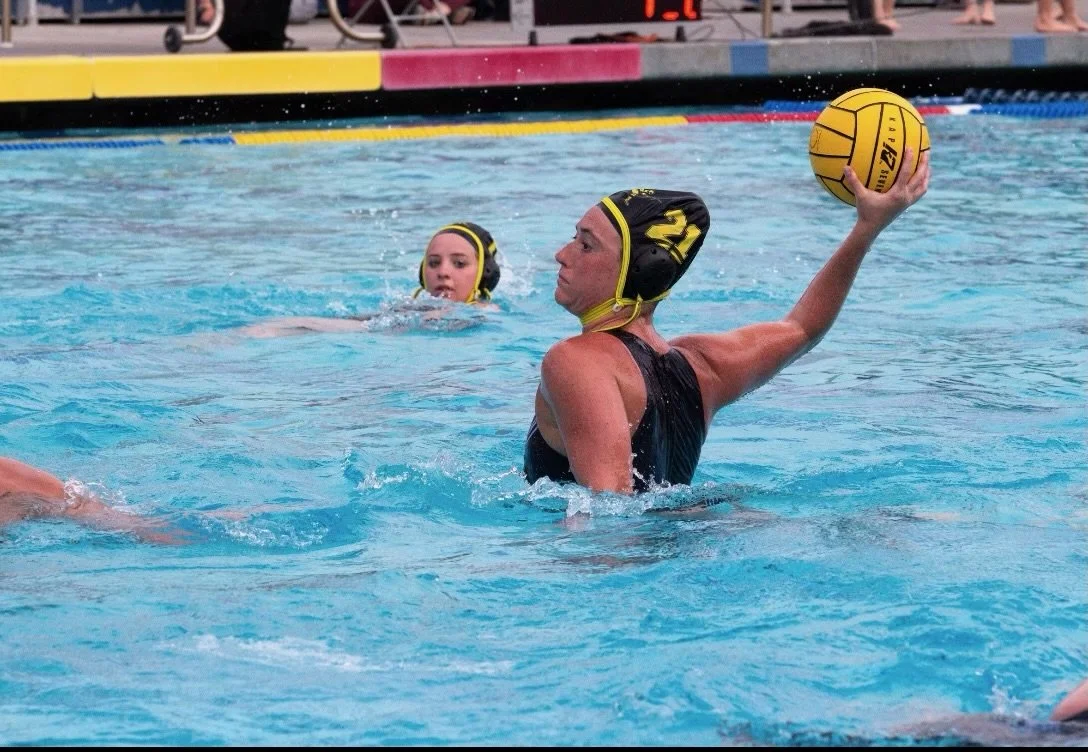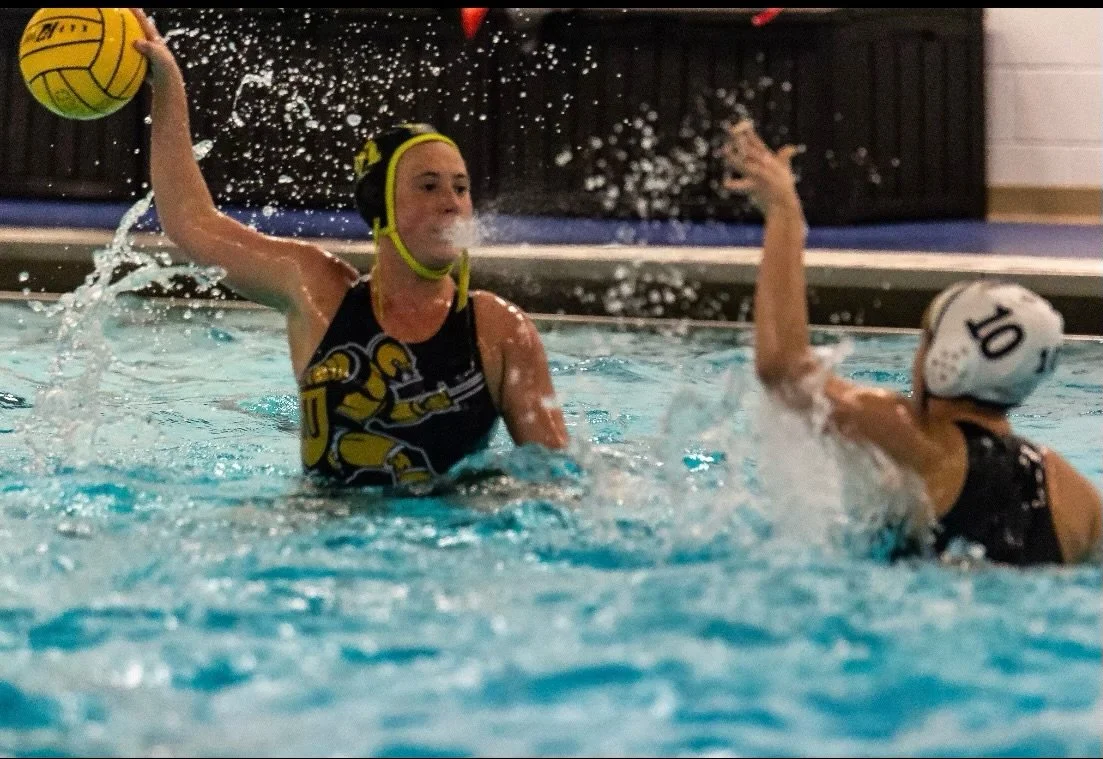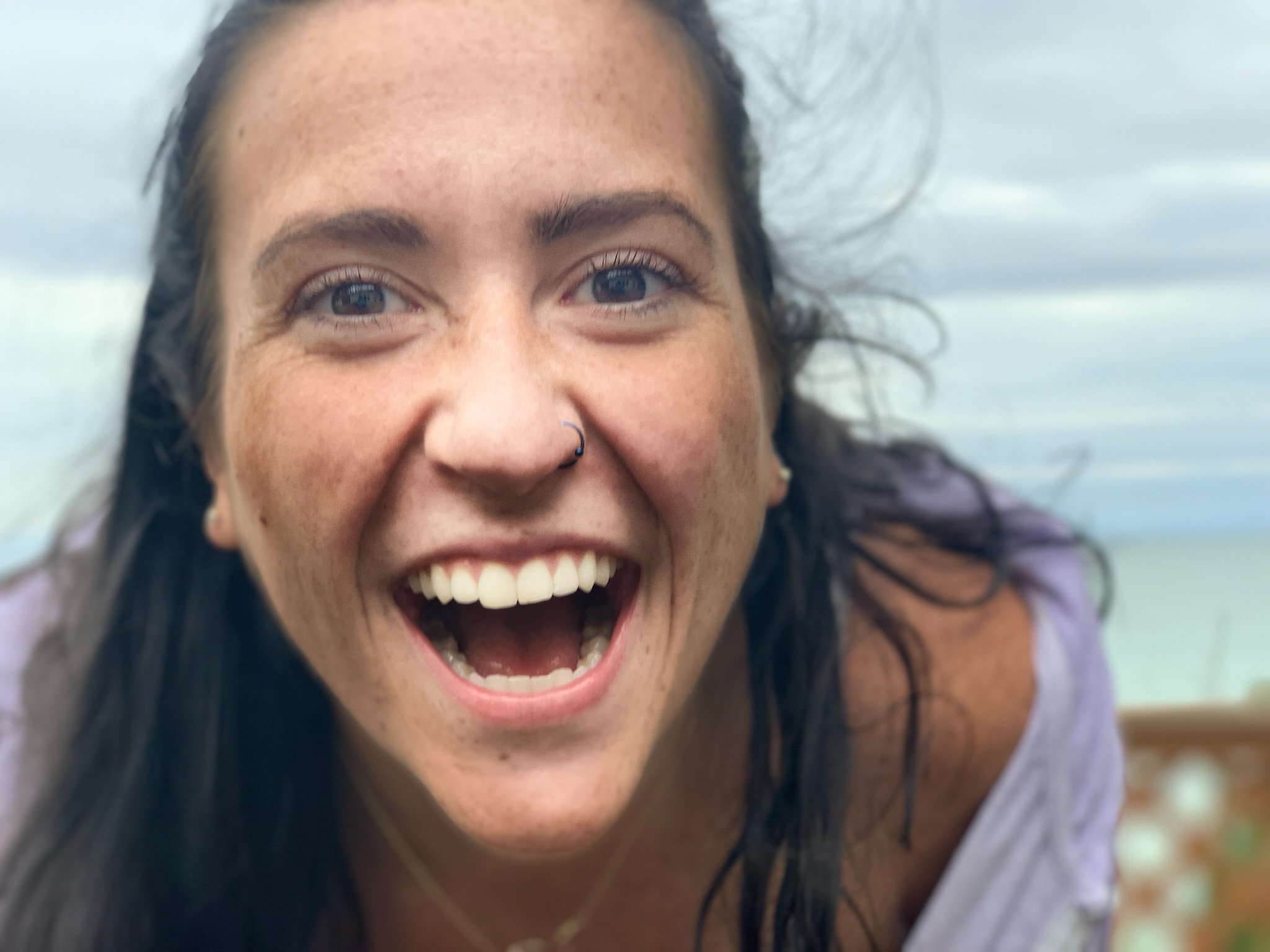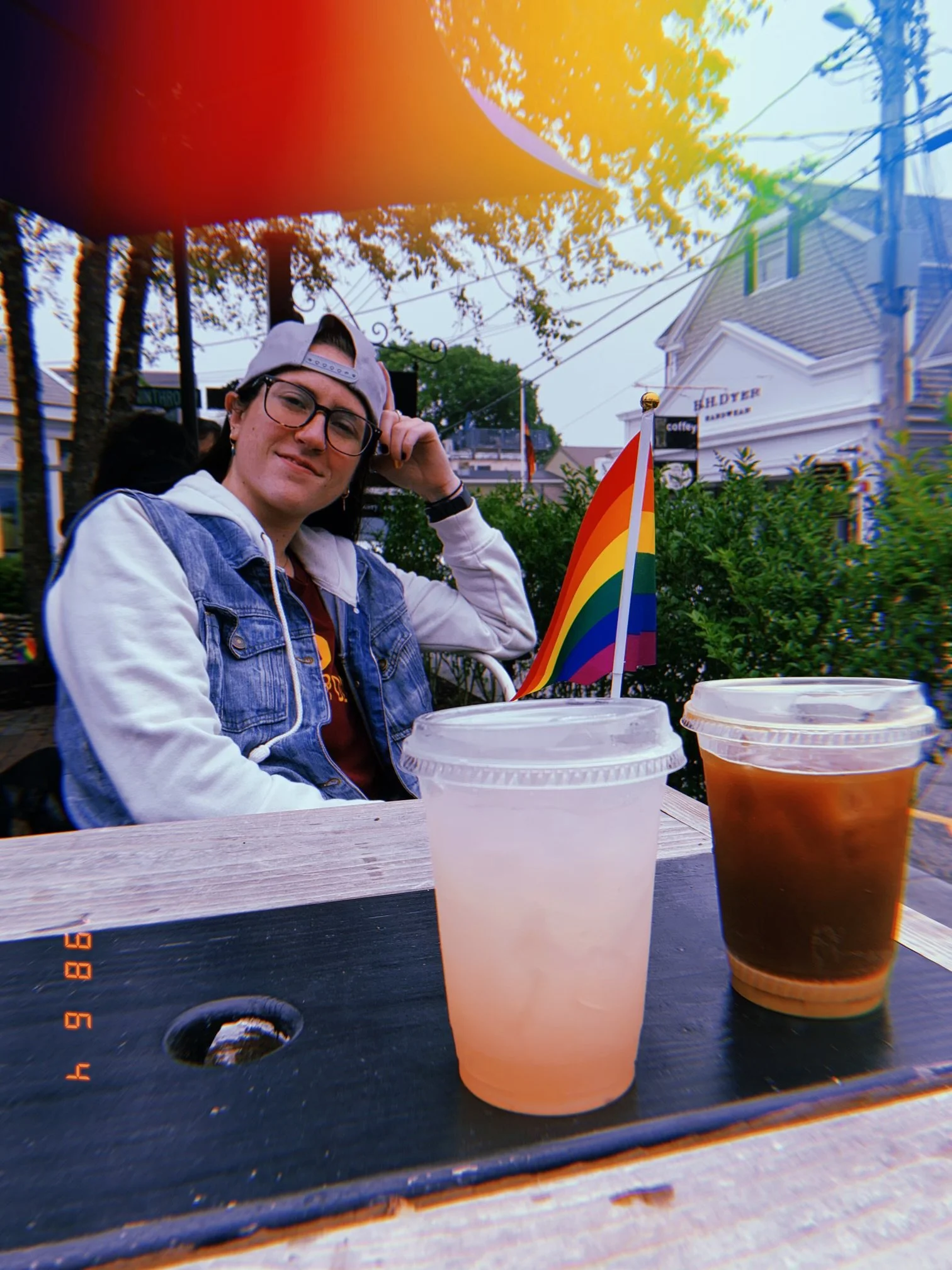Interview with Francesca Williamson
Francesca Williamson played Water Polo at the Division 2 level at Gannon University (located in Erie, PA). She was a double major in Psychology & Sports Management and Marketing. She is currently in grad school at Adler University (located in Chicago) about to finish 2 master’s degrees in Clinical Mental Health Counseling & Sport and Human Performance. In her free time she likes to longboard, play beach volleyball, and spend time in the outdoors.
Below I have written most of what we talked about but you can listen to the full podcast HERE.
Q: When did you start playing sports?
A: I started playing sports basically as soon as I could. Me and my sister started swimming lessons when she was 3 and I was 1. Swimming was really big for me but I also did basketball, volleyball, softball and soccer. I got into water polo when I was in about third grade.
Q: When did you start playing competitive?
A: I started to play competitively in about 8th grade. I decided to play more club and started to focus more on water polo and swimming for training.
Q: How many / what sports did you play competitively?
A: I swam throughout high school but I didn’t do club swimming. I swam to stay in shape for water polo. I did club water polo in the summers. Training included a lot of swimming, treading, upper body and lower body work and agility. I describe it like basketball because the team goes up and down the court but it’s like soccer because there is a goalie.
Q: Do you feel like you would have done a different degree if you weren’t a student-athlete? How did being a college athlete influence your career path?
A: I went into college as a nursing major. I thought I was going to do 4 years and be a nurse. If I didn’t do water polo I probably would have continued that path. With water polo, the labs were too much for me. A lot of the athletes in my school were in nursing or health care paths. The time commitment with being in the pool, going to study halls and go to labs as a first year student is a lot. It was something I decided I didn’t want to commit to because I would be over committing myself. I took a Buzzfeed quiz and it told me I should do sport psychology and I thought it was actually a great fit for me.
Q: How did playing competitive sports shape who you are today?
A: I’ve struggled a lot but sports have been there for me. I’ve met so many amazing people. I got to play a sport I absolutely love with them no matter what level we’ve played together at. I still have friends from teams I’ve been on at a young age. Being able to compete against some of the best water polo players in the country is so cool.
Q: Did you consider being a full time coach?
A: I did coach swimming and water polo after and I did a little bit of club coaching in the summer. It was fine but I learned a lot of what it takes to be a coach. I have so much respect for coaches and would love to help them with mental skills and developing coaching styles but me personally I don’t think I could handle all of that.
Q: Have you ever faced any injuries or setbacks?
A: I faced both injuries and setbacks. I strained my lower back a couple times, I had some shoulder injuries, and a pretty substantial wrist injury that never healed. I used to have to wrap it up and get a lot of treatment from athletic trainers. The wrapping on my wrist became a target on me in games so I had to learn a new way to throw my senior year. I had to redefine how I saw myself on the team because I couldn’t be that powerhouse shooter anymore. I had to be able to read the plays and my teammates better. I played four years but my junior year I did not play a full season. I made some choices that I probably didn’t need to make at the time but it was a good lesson to learn. I was no longer eligible to play or practice with my team about half way through the season.
Q: What was the transition out of playing competitive sports like for you? What did you do in your newfound free time?
A: My transition was really difficult because I was a double major and I still had a full year to continue school. I became a regular student for my fifth year and it was tough because I didn’t have any structure. I didn’t know what I was going to do. I struggled a lot and I was at a complete standstill and panicking and looking into every alternative for what I could do. With my degrees I knew I needed to go to graduate school. I didn’t feel like an athlete anymore but I still was. I was battling that mindset of “who am I without my sport?”, “what does that mean?” and “what worth do I have to my teammates, my coach and my university and how do I represent that?”. I had to go through my own counseling to help prepare for my next steps. It took me awhile to be able to figure out what to do in the free time. I started long boarding about two years ago. I didn’t know what I liked to do because I didn’t ever have time to figure it out.
Q: What was one of your favorite moments while competing?
A: I have more memories of just being around my teammates and my friends, singing on bus rides, messing around in the locker rooms, laughing together and having dinner together at each others apartments and houses. There is one specific memory when I was playing. My junior year we were playing against a D1 school Bucknell and we were getting our butts kicked. It was 10-2 at the half. We started the fourth quarter and I was feeding my teammate the ball. We were playing up like we have never played before. We lost 14-11 but we scored 6 goals in the fourth quarter. We scored more goals in the fourth quarter than we had in the whole game so far. It proved to ourselves and other teams that we come to fight and we’re not going to stop.
Q: What advice would you give to someone who is recently done playing a sport?
A: Go easy on yourself. Your whole life has been pretty much planned for you and now you’re going to have to figure out the best move for you, not for the whole team, just you. You are more important than your sport. There is so much more to you than your ability to perform. You have to figure out what your next passion is. Just like you’re passionate about your sport, there are so many things you can become passionate about. You can put all of that newfound time and effort into something and get back all of those things you got from your sport.
Q: What advice would you give to someone who is currently playing a sport?
A: Enjoy every moment. You can’t get those moments back. I wish I could go back to those times it was so much simpler. Practicing every day, performing playing games, and being with your teammates. Your sport is not going to last forever. No matter how far you go it has to end so appreciate what you have now.
If you have any more questions for Francesca, please leave comments below or contact me. If you or someone you know is struggling, please call the Suicide Hotline. It’s toll free and available 24/7 at 800-273-8255.
Once An Athlete’s mission is to provide resources and support for current and former athletes. Please support our mission by making a donation.
Are you or someone you know currently struggling with what happens in life after sports? Or did you already go through that transition to life after retiring competitive sports and wish you had more resources and support? Have you ever wondered, “what do athletes do after they are done playing sports? What’s next after sports?” Do you feel like you dedicated so much to your sport and you don’t know what to do now that you’re done competing? You’re not alone. Check out the site and join us in the journey. Once an athlete, always an athlete.





